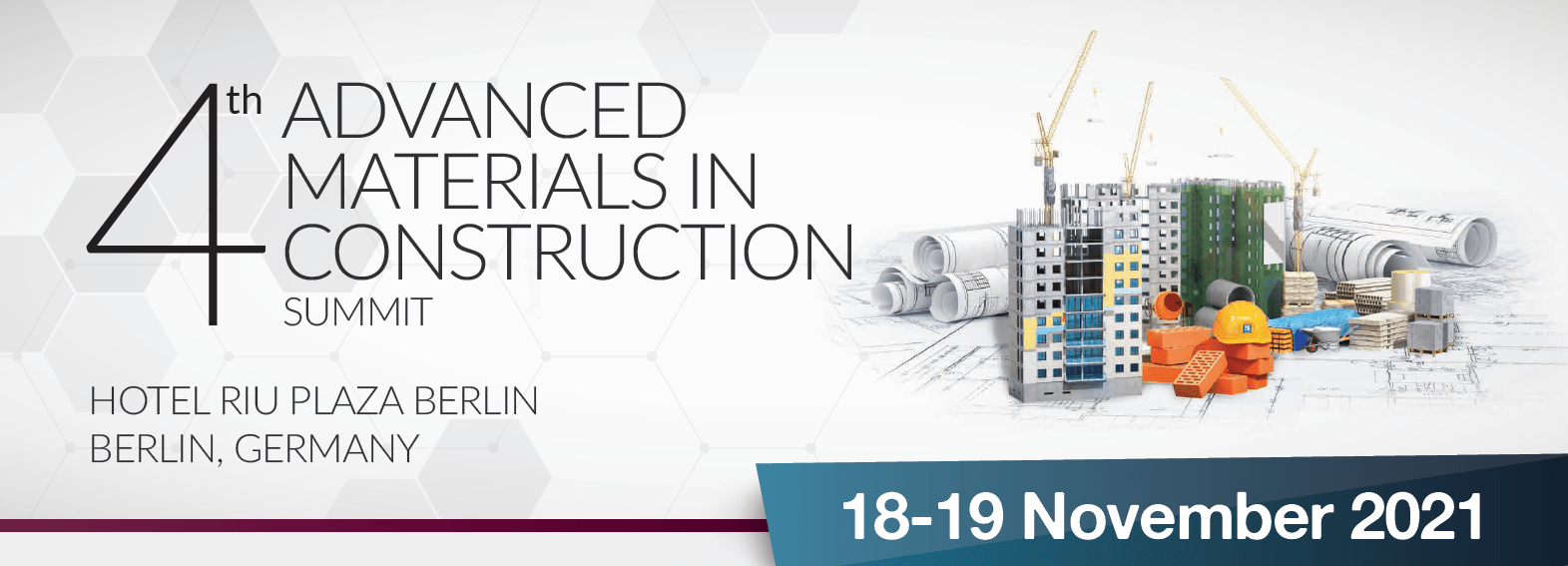As a society, we are becoming increasingly more environmentally conscious and every industry is looking for ways to be more sustainable and have a positive impact on the environment. The construction industry is no different.
According to the World Green Building Council, the construction industry is one of the major consumers of natural resources by generating around 39% of the world’s carbon emissions.
As the industry pushes to adopt a more sustainable approach to infrastructure and the built environment, using advanced materials has become increasingly popular to deliver green buildings that are both resilient and eco-friendly. Materials such as self-healing concrete, cross-laminated timber, smart glass windows, nanomaterials and more are helping the industry build towards a better and more sustainable future.
Let’s examine a few use cases of modern, advanced materials in construction:
3D Printed Concrete
By using 3D printed concrete, you can save a lot of production cost on material waste since no framework is required during the building process and the printer only uses the materials required to build the structure. It also greatly reduces production time and the personnel that’s needed to have projects completed in a quicker time than traditional methods.
Smart Glass Windows
Smart glass windows are more energy-efficient and can provide the flexibility that’s needed to control the amount of light/heat that enters a building. By being able to easily switch from clear to opaque settings, it’s becoming increasingly popular for open-space design since privacy can still be achieved quickly and without the need for curtains or other drapery.
Eco-Friendly Insulation
Using eco-friendly insulation like hemp, cellulose or wood requires less energy than conventional materials as they don’t require much processing in their production. They also have lower conductivity and higher thermal mass that helps it regulate temperature to help save on utility costs.
Cross-Laminated Timber
Cross-laminated timber is strong, lightweight, and sustainable plus has a lower extraction and processing impact than steel and concrete. Also when exposed to fire, the multiple layers allow the panel to remain structurally stable, unlike materials such as steel.
Now more than ever it’s important to focus on exploring the best practices of using next-generation materials in the construction sector. That’s why we are excited to return for our 4th Advanced Materials in Construction Summit in Berlin, Germany on November 18th and 19th, 2021.

This hybrid event will bring together building, construction, material science and architecture experts to review the latest technologies and strategies for creating buildings of the future.
We will have the pleasure of hearing from top expert speakers from major brands such as DAW SE, Knauf Insulation, Hilti Group, Holcim, Wacker Chemie AG and other key players in the market about their experiences and the latest innovations in building materials that they use to add real business value to their organizations. Our expert speakers will discuss the materials mentioned above, as well as others, and will showcase how their organization is using these advanced materials to construct the infrastructure of the future.
We are looking forward to connecting with everyone whether you choose to join us in the vibrant city of Berlin or virtually from the comfort of your home. No matter where you are joining us from, all attendees will be connected through our online platform to build valuable business relationships with your peers starting 3 weeks prior to the event and allowing you to stay in touch even after the summit is over.
Request your free brochure today to discover the full line-up of speakers and see the complete event agenda. Tickets are available now! Register today to save your spot so you don’t miss out on this invaluable industry event.

